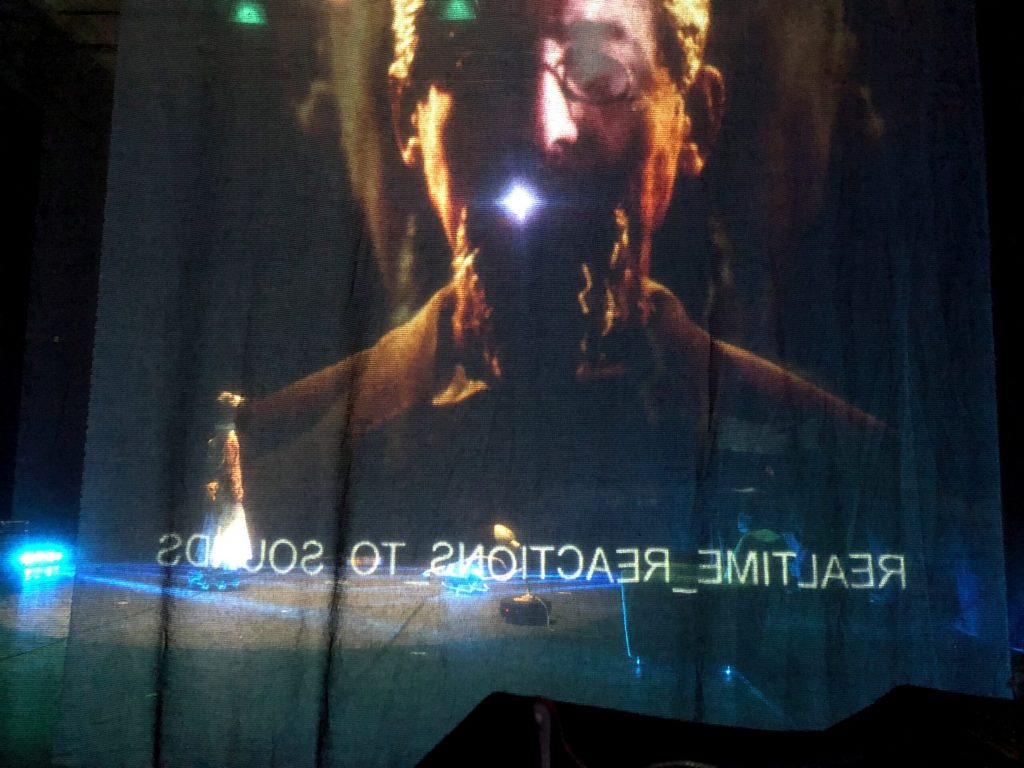
The trailer that uses material of the actual performances is here: https://youtu.be/rxjJ0Otoj04
Enactive Virtuality Research Group, Tallinn University
Activities related to enaction, and enactive systems, art-science, academic and popular events, including related industry engagements

Zoom Meeting
VIDEO recording (t.b.a.)
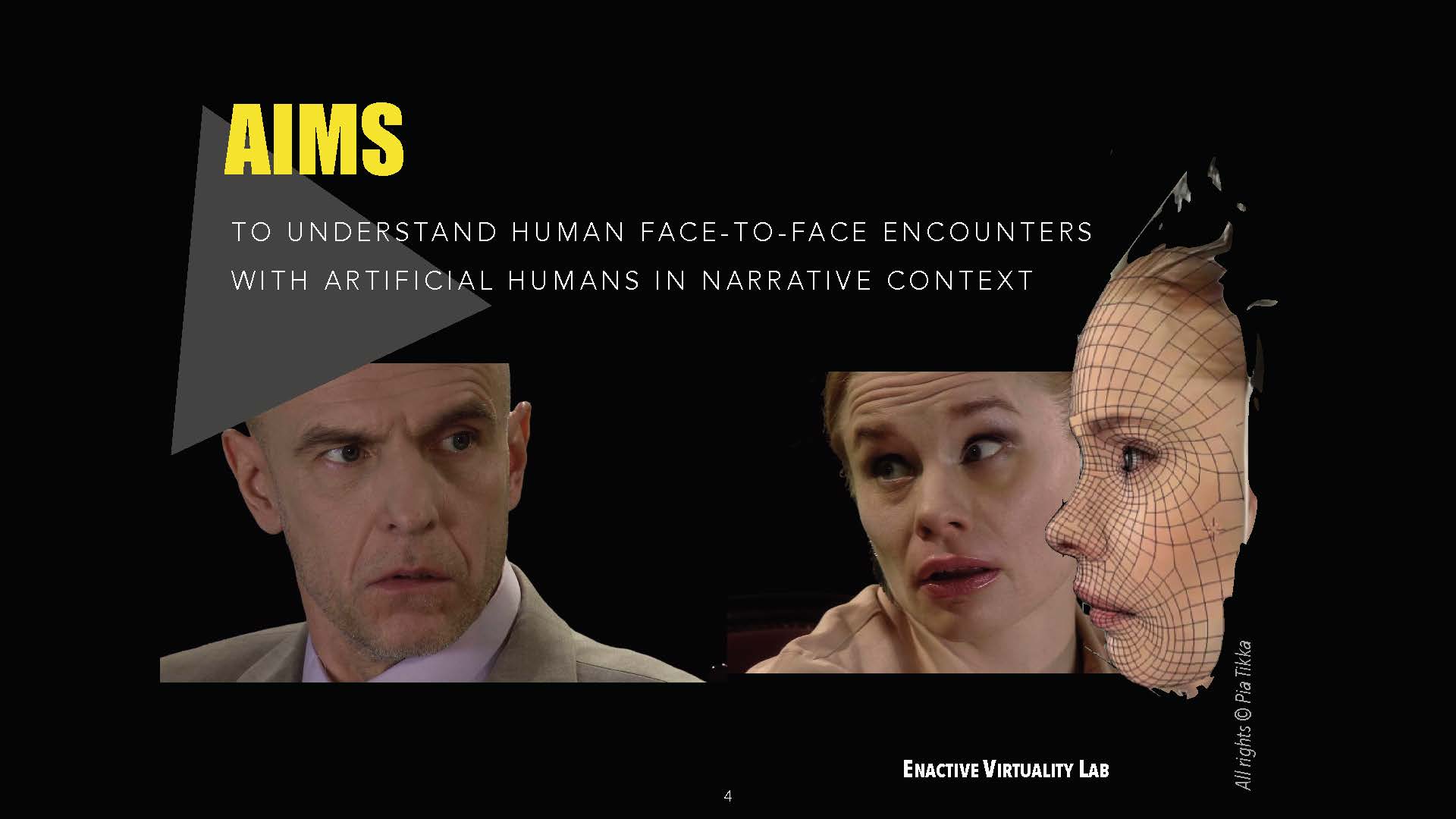
To be confirmed
Ighoyota Ben Ajenaghughrure (t.b.c.) 30 min + Q&A (Vistiting lecturer of Software Engineering @ DT)
Symbiosis in information society
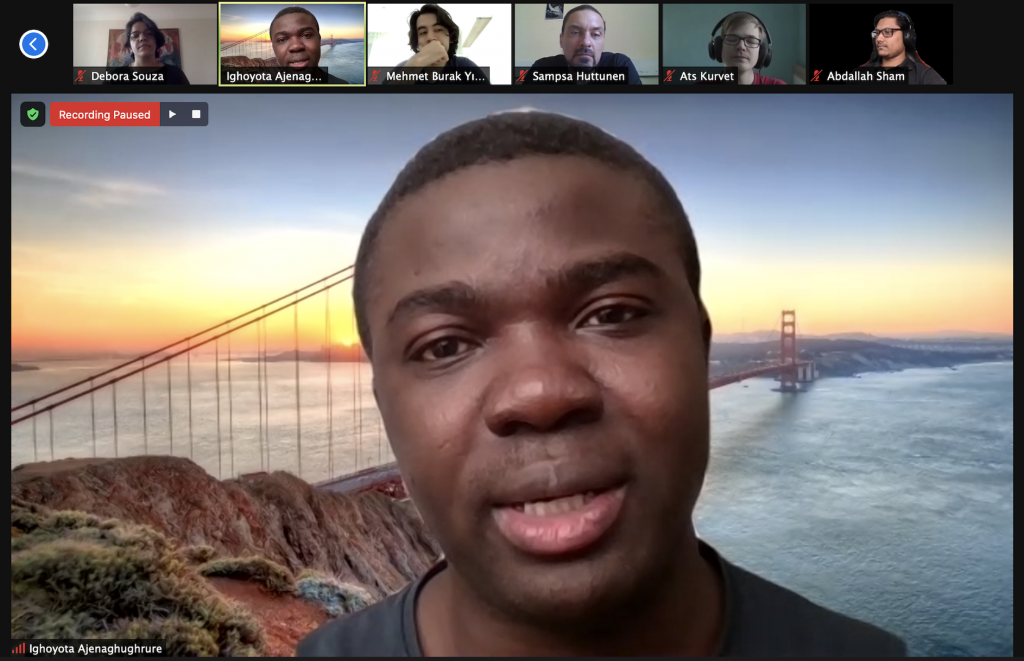
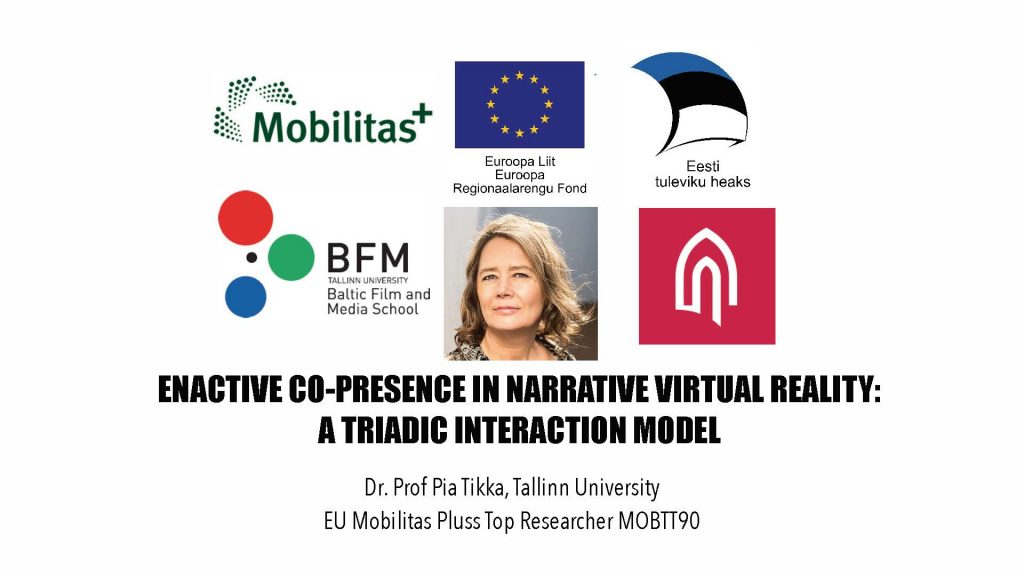
Join Zoom Meeting
https://zoom.us/j/94794657125?pwd=VHhmL0g2UWFTeHFhWkU3enNjZ3NGUT09
Meeting ID: 947 9465 7125
Passcode: 019362
One tap mobile
+3728801188,,94794657125# Estonia
+3726601699,,94794657125# Estonia
Dial by your location
+372 880 1188 Estonia
+372 660 1699 Estonia
+1 301 715 8592 US (Washington DC)
+1 312 626 6799 US (Chicago)
+1 346 248 7799 US (Houston)
+1 646 558 8656 US (New York)
+1 669 900 9128 US (San Jose)
+1 253 215 8782 US (Tacoma)
Meeting ID: 947 9465 7125
Find your local number: https://zoom.us/u/adMFxkh2vL
Join by Skype for Business
https://zoom.us/skype/94794657125
The BIO·FICTION Science Art Film Festival is one of a kind: It’s a creative and boundary-crossing event with a program filled to the brim with content exploring cutting-edge emerging sciences – in the present, but also in possible futures. https://bio-fiction.com/
8 Apr 2021 19:00 — 21:00
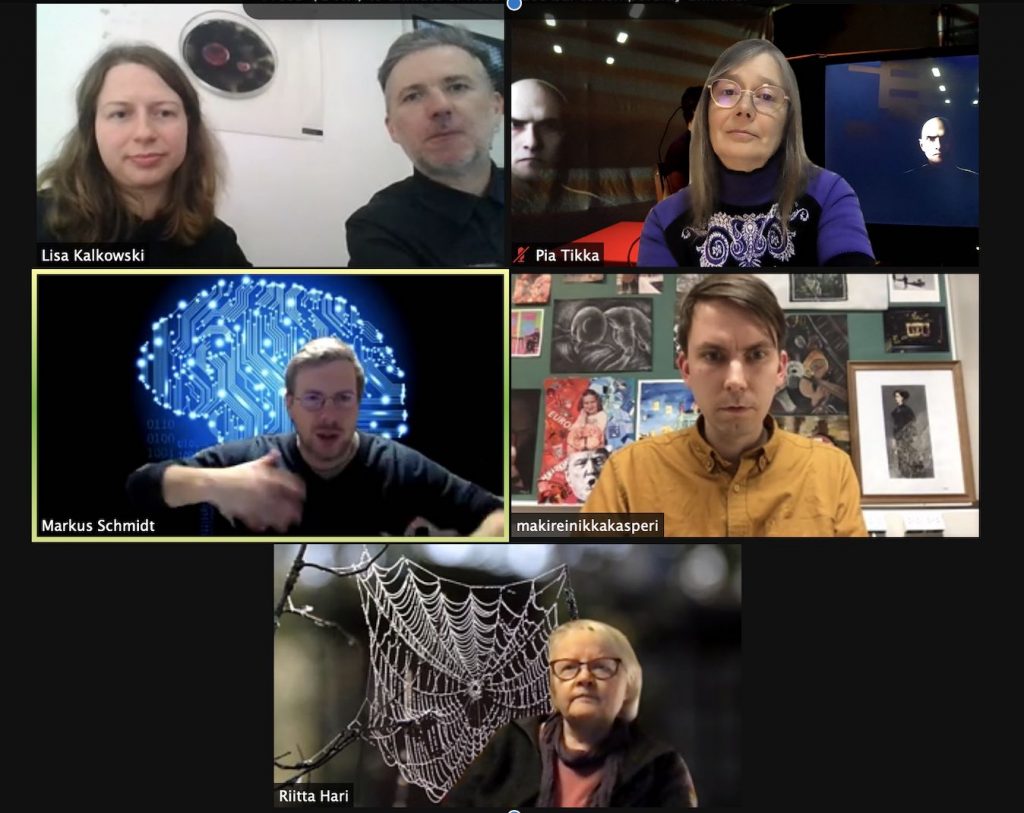
BIO·FICTION Panelist (in image)
with Riitta Hari, Pia Tikka, Markus Schmidt and Kasperi Mäki-Reinikka (moderator)
Thursday, April 8, 19–21h (Finnish time, UTC+2)
via Zoom | in English
Neurotechnology and how it will shape our future bodies is the underlying question of the BIO·FICTION Science Art Film Festival. For the kickoff of the Helsinki edition, where we will show a selection of nine films, all of which have been awarded or screened at the festival, we invite you to join the BIO·FICTION online panel. During it, Kasperi Mäki-Reinikka will discuss together with festival director Markus Schmidt, neuroscientist Riitta Hari and artist Pia Tikka neurotechnology and its current and potential impact on society.
Join the panel via Zoom: https://us02web.zoom.us/j/83861833745
– –
Riitta Hari MD PhD is Professor Emerita of Systems Neuroscience and Human Brain Imaging at Aalto University, Finland. She has been developing magnetoencephalography (MEG) for tracking millisecond-scale activation sequences in the human brain, providing fundamental insights into human sensory, motor, cognitive, and social functions in both healthy and diseased individuals. Hari is Academician of Science in Finland since 2010 and member of the National Academy of Sciences USA since 2004. She currently attempts to bridge art and neuroscience without privileging either.
Kasperi Mäki-Reinikka is a Helsinki-based media artist, art educator and researcher working with technological notions of sense. As part of interdisciplinary Brains on Art collective his practice is informed by collaboration with scientists and researchers and the friction between art and science. Mäki-Reinikka is a board member of the Bioart Society, a foil fencer and a teacher of Art and Artificial Intelligence in Aalto University. Mäki-Reinikka is writing an artistic dissertation on interdisciplinary art and its possibilities to discuss changes in human-machine relation. Since August 2020, Mäki-Reinikka has been teaching art in Kallio Upper Secondary School of Performing Arts.
Dr Markus Schmidt founded Biofaction, a technology assessment, science communication and art-science company in Vienna, Austria. With a background in electronic engineering, biology and risk assessment, he carried out environmental risk assessment and public perception studies in various fields, such as GM-crops, nanotechnology, converging technologies, and synthetic biology. He has published over 35 peer-reviewed papers and three edited books about the future of life. In 2010, he helped to chart the field of xenobiology. Schmidt was part of the FUTUREBODY project.
Dr Pia Tikka is a filmmaker and EU Mobilitas Research Professor at the Baltic Film, Media, and Arts School, Tallinn University. She is a founder of NeuroCine research group that studies the neural basis of storytelling. She has published widely on the topics of enactive media, narrative complex systems, and neurocinematics. A Fellow of the Society for Cognitive Studies of the Moving Image and a member of European Film Academy, her filmography includes international productions as well as fiction films, interactive films and VR films she has directed. Currently, she leads Enactive Virtuality Lab at Tallinn University.
– –
BIO·FICTION is part of the ERA-NET project FUTUREBODY and funded by the Austrian Science Fund (FWF: I 3752-B27). The BIO·FICTION programme at Bioart Society is funded via the Biofriction European collaboration project co-funded by the Creative Europe Programme of the European.
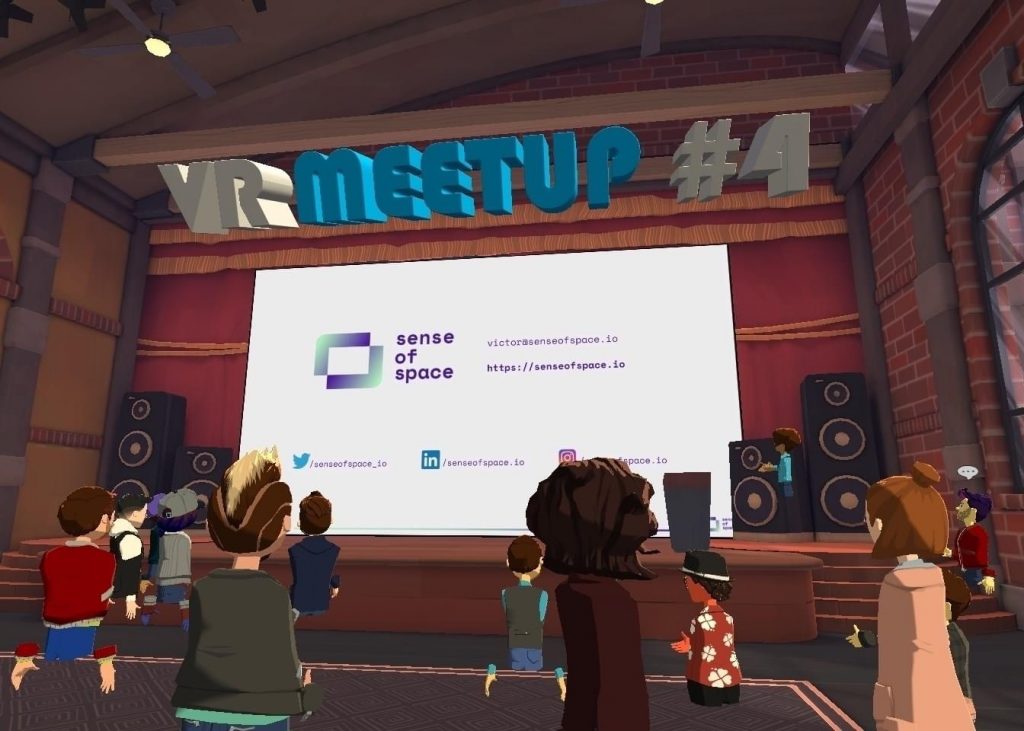
Enactive Virtuality Lab is happy to have our artistic collaborator and associated start-up CEO Victor Pardinho (Sense of Space) to present at the meeting of Estonian Virtual Reality Society, March 20, 2021
Note, the AltSpaceVR space set up about a week before March 20 event.
Facebook: https://www.facebook.com/events/858885618011273/
The schedule (t.b.c)
12:10 Vladimir Kuts – Taltech (Estonia)
“Short intro of XR Research in Estonian Universities”
12:20 Dr. Linda Lancere – Vidzeme University of Applied Sciences (Latvia)
“Augmented Reality and Wearables for Real-Time Physical Therapy guidance”
12:45 Dr. Niall Murray – Athlone Institute of Technology (Ireland)
“Understanding User Perceptual Quality of VR Experiences”
13:10 Victor Pardinho – Sense of Space / Enactive Virtuality Lab (Finland/Netherlands)
“Sense XR Studio: Making a Content Creation Tool for Volumetric Video Experiences”
13:35 Santeri Saarinen – Helsinki XR Center (Finland)
“Helsinki XR Center and Our Research Activities”
Eesti Virtuaal- ja Liitreaalsuse Assotsiatsioon

Pia Tikka joining the CUDAN Extended Management Committee (EMC) representing the BFM Enactive Virtuality Lab.
See the CUDAN website and the team at https://cudan.tlu.ee/team
Pia Tikka (2020) “Enactive virtuality: from generative to emergent narrative systems” in Transdisciplinaridade nas Ciências e nas Artes” (E-book), eds. Maria Rosa Chitolina, Nara Cristina Santos , and Hosana Celeste Oliveira, 114-127. Capes PrInt/UFSM, PPGART Publishing House, 2020.
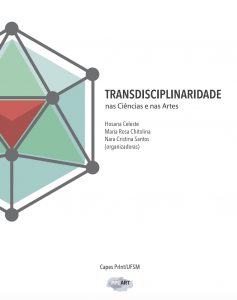
https://www.ufsm.br/app/uploads/sites/740/2020/12/livro_transdisciplinaridade.pdf
SIMPÓSIO TRANSDISCIPLINARIDADE NAS CIÊNCIAS E NAS ARTES– Resultados do Projeto Capes PrInt (2018-2020)
20 a 22 de outubro de 2020, Universidade Federal de Santa Maria
ORGANIZAÇÃO GERALProfa. Dra. Maria Rosa Chitolina (PPGs em Ciências Biológicas: Bioquímica Toxicológica e em Educação em Ciências: Química da Vida e Saúde); Profa. Dra. Nara Cristina Santos (PPG em Artes Visuais);Pós-Doc Dra. Hosana Celeste Oliveira (PPG em Artes Visuais)
VIDEO recording (not edited) Passcode: &%10sVN$


For your curiosity, find here description of the interactive film-game created for mobile phones 2009
Team: Tikka, Rieser, and colleagues
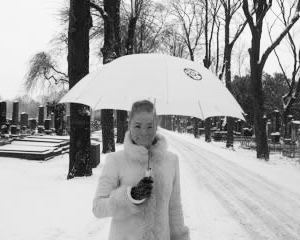
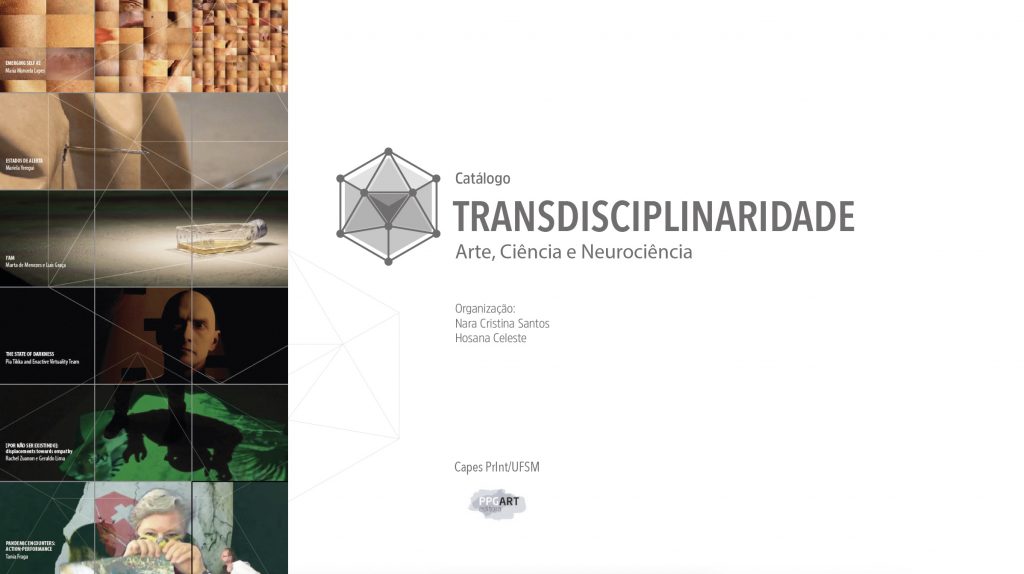
The enactive VR project State of Darkness by Tikka and Enactive Team presented in an online art exhibition Transdisciplinaridade Arte, Ciência e Neurociência and published in Transdisciplinaridade Arte, Ciência e Neurociência (e-Art Catalog), eds. Nara Cristina Santos and Hosana Celeste Oliveira, 33-38. Capes PrInt/UFSM, PPGART Publishing House, 2020.
https://www.ufsm.br/app/uploads/sites/740/2020/12/catalogo_transdisciplinaridade_.pdf
SIMPÓSIO TRANSDISCIPLINARIDADE NAS CIÊNCIAS E NAS ARTES– Resultados do Projeto Capes PrInt (2018-2020)
20 a 22 de outubro de 2020, Universidade Federal de Santa Maria
ORGANIZAÇÃO GERAL Profa. Dra. Maria Rosa Chitolina (PPGs em Ciências Biológicas: Bioquímica Toxicológica e em Educação em Ciências: Química da Vida e Saúde); Profa. Dra. Nara Cristina Santos (PPG em Artes Visuais);Pós-Doc Dra. Hosana Celeste Oliveira (PPG em Artes Visuais)
New dates for the 8th ECREA conference: 6-9 September 2021
Dear ECC 2020 conference applicants, dear ECREA members,
We would like to inform you that in consultation with the Local Organising Committee, the ECREA Executive Board has approved new dates for the 8th European Communication Conference: 6-9 September 2021. The conference was scheduled for 2-5 October 2020 but we had to make the uneasy decision to postpone. The different timelines and strategies of gradual withdrawal of pandemic prevention measures adopted by individual European countries have made it impossible to organise the event according to our standards of academic quality and hospitality.
The conference calendar will be revised and new important dates will be announced in the conference website.
We are looking forward to seeing you in Braga from the 6 to 9 September 2021.
The submission: ECC20-1152 title Addressing loneliness by means of enacted co-presence in XR has been accepted to the 8th European Communication Conference to be held in Braga, Portugal, October 2-5, 2020.
Braga, Portugal ECC Abstract submitted tikka et al.
| Addressing loneliness by means of enacted co-presence in XR | |
| Authors |
Pia Tikka1, Gholamreza Anbarjafari Shahab2, Doron Friedman3, Sergio Escalera4, Mauri Kaipainen5. 1University of Tallinn / BFM / MEDIT, Enactive Virtuality Lab, Tallinn, Estonia. 2University of Tartu, Intelligent Computer Vision iCV Lab, Tartu, Estonia. 3The Interdsiciplinary Center Herzliya, Sammy Ofer School of Communications / Advanced Reality Lab, Herzliya, Israel. 4University of Barcelona, Dept. Mathematics and Informatics / Computer Vision Center, Barcelona, Spain. 5Perspicamus Ltd, Company, Helsinki, Finland. |
| Abstract Text |
The very nature of the human species is social. Loneliness correlates with mental and physical ill-being within, for instance, the elderly, or people with disabilities, or other conditions causing reduced life-environment. Simultaneously, an increasing trend in the European lifestyle is to outsource taking care of such members of family into the hands of professional social and medical care. Yet, in the light of recent studies, loneliness can be considered a fatal condition. Loneliness reduces the ability to improve one’s life-conditions, motivation of taking care of one’s health, and affects negatively the functions of society. As an indication of the urgency of the matter, UK has even appointed a Minister of Loneliness. The issue dictates the need to figure out all plausible ways to fight loneliness. While human company must be the primary solution, other solutions must be considered to provide socio-emotional comfort to those who suffer of the lack of human accompaniment.
We propose storytelling and narratives as the key component of satisfactory social interaction. Stories told provide supportive structures for maintaining one’s identity and connectivity as part of the world. This talk takes a look at the intriguing question, whether advanced audiovisual technologies which allow immersive interactive experiences within virtual narratives, in some form, might contribute to relieve this sore issue. To emphasize, immersive technologies, here, VR/AR/XR, cannot as such provide fully satisfactory solutions for complex human issue of loneliness. However, as a range of solutions for socially assistive robot technologies have already been proposed by others, it may be appropriate to balance the so far technology-dominated discussion with the deeply human approach of storytelling. The talk outlines efforts to combine the art of interactive audiovisual storytelling with already existing advanced technologies to explore the interconnections between loneliness and technology. It discusses empowering solutions to loneliness, while being mindful of technological determinism. ECREA’s Executive Board and the Local Organizing Committee of the 2020 ECC in Braga are closely monitoring the rapidly evolving COVID-19 pandemic as we are concerned about the health and well-being of our members and conference attendees. The conference dates (2-5 October, 2020) remain unchanged at the present time but we wish to announce changes to the deadline for the acceptance of invitations and the registration period to take account of this period of uncertainty and give you more time to make decisions about attendance. We would greatly appreciate it if you could log in through the link below and confirm or decline the presentation of your paper at the conference. The new deadline for your decision is June 15, 2020. Registration will open on June 15, 2020 and the early bird registration will be correspondingly extended. To reiterate, our intention at present is to go ahead with the physical conference in October but we will review this on an ongoing basis as well as engaging in contingency planning. We are not contemplating a virtual conference as an alternative to the physical conference. Please take care of yourself, your family and your loved ones. Further updates will follow in due course. ABSTRACT REVIEW RESULTS: Link: https://www.czech-in.org/cmPortalV15/Portal/ECC20/normal
|